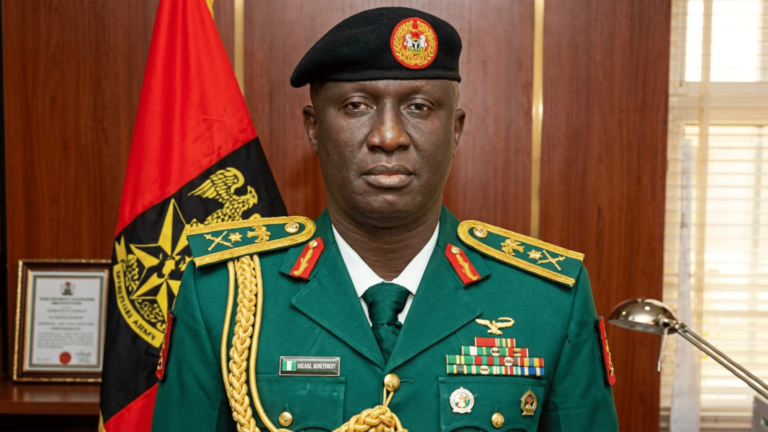
Nigeria once stood on the brink of collapse, but a turnaround began when Bola Tinubu took charge. National Security Adviser Nuhu Ribadu has praised Tinubu’s achievements in restoring order, especially in the security sector. His leadership helped pull the country back from chaos and redefined Nigeria’s trajectory.
When Tinubu assumed office in 2023, he inherited a nation battered by insurgency, banditry, separatist unrest, and oil theft. He immediately set a new tone and ordered strong, coordinated action. Security forces responded swiftly, striking hard across all fronts.
In the North‑East, Boko Haram and ISWAP faced relentless pressure. Over 124,000 fighters and their families surrendered, and about 13,500 terrorists and criminals were neutralised, according to Ribadu. These victories led to reclaimed territories and safer communities.
The North‑West, once overrun by bandits, saw remarkable change. Tinubu’s team rescued more than 11,250 hostages in Zamfara and Kaduna. They took down state-level warlords such as Ali Kachalla, Halilu Sububu, and Dogo Bwari. These actions transformed volatile zones into areas of rescue and restoration.
The Niger Delta, long plagued by oil theft and sabotage, experienced a revival. Tinubu’s administration restored pipeline protection and shut down more than 1,900 illegal refineries. Oil output surged from about 1 million barrels per day to 1.8 million. This boost helped revive the economy and restore fiscal stability.
In the South‑East, separatist “sit‑at‑home” orders had paralyzed daily life. Precise operations followed, agitators were arrested, and calm returned. Police stations were rebuilt, community morale improved, and markets reopened. For many, home began to feel safe once more.
Rather than relying solely on force, Tinubu’s strategy emphasized inclusion. Ribadu highlighted the involvement of military veterans, who contributed local insight and tactical experience. Operation Safe Corridor Northwest, a non-kinetic initiative, led to 35 armed leaders laying down their weapons. This showed that negotiation and rehabilitation can complement military pressure.
The administration also addressed emerging threats. Authorities cracked down on cybercrime and illicit funding networks. A National Digital Forensics Lab was established, alongside a plan to protect critical infrastructure. Financial flows—especially those using crypto to fund terrorism and separatism—were intercepted and dismantled. Tinubu’s security strategy extended into both digital and physical domains.
Speaking at the Nigerian Defence Academy’s 50th anniversary, Ribadu offered a clear summary. He described 2022 as a dangerous junction and noted the daunting challenges Tinubu inherited: insurgency in the North‑East, banditry in the North‑West, oil theft in the Delta, and separatism in the South‑East. He applauded Tinubu’s bold strides toward restoring security and public confidence.
Observers may now point to visible improvements nationwide. They might argue that Nigeria is more secure today than it was two years ago. Though mass abductions still occur, the 2024 Kuriga school rescue—credited to Tinubu’s directives—boosted public morale. Communities increasingly believe that help will arrive when needed.
Tinubu’s approach emphasizes shared responsibility. He supports youth military training, mobilizes veterans, and maintains an open channel with security leaders. His commitment to empowering decision-makers reflects both resolve and respect for democratic institutions.
Stability at home has improved Nigeria’s image abroad. Citizens see safety returning. Foreign investors and global partners now see a stable Nigeria. At the BRICS summit and other international forums, Tinubu showcases this renewed progress. He carries a message of national transformation.
Despite these successes, challenges remain. Rural violence and ethnic clashes in the North‑Central region persist. Clearly, the mission is ongoing. But the gains so far demonstrate that direction and clarity matter. Tinubu provided both, along with decisive action and a renewed sense of unity.
His leadership has set new standards for national security. From a perilous crossroads, Nigeria has begun a journey of restoration. Through bold leadership, smart policy, and united purpose, Tinubu has given Nigerians renewed hope. He brought back peace and confidence—and earned his place in Nigeria’s history of renewal.


